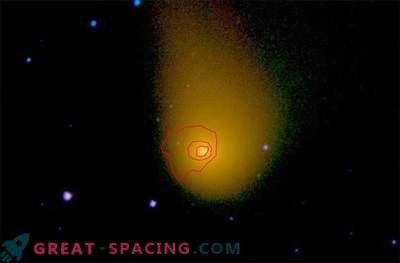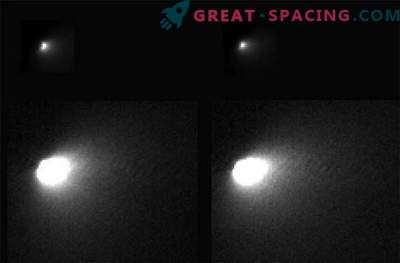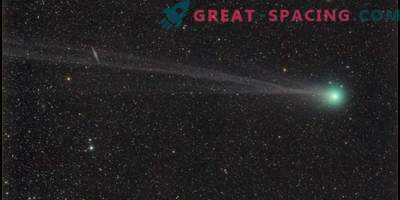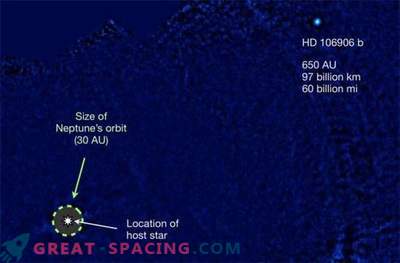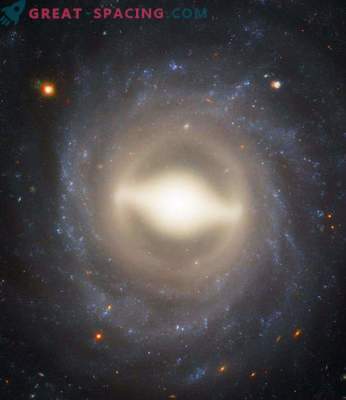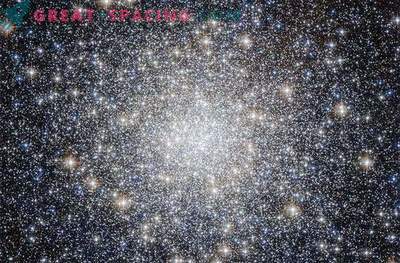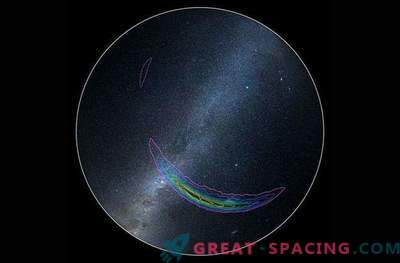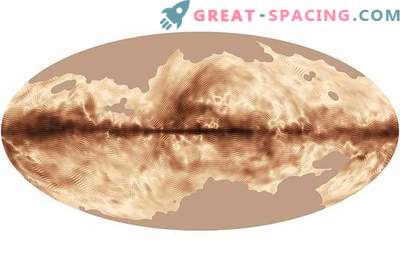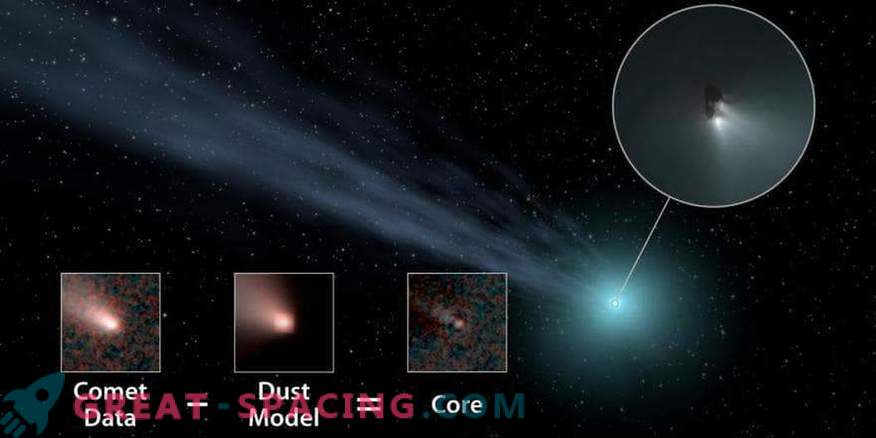
Distant comets with a large frequency (more than 200 years) are more common than previously thought. Here you can see data from NASA WISE, determining the size of the nucleus of several distant comets.
Comets, whose periodicity covers more than 200 years, are difficult to study. The fact is that most of the time they are far from the solar system and sometimes there is not enough human life to capture their approach. Moreover, specimens from the Oort Cloud (ice bodies) spend thousands and millions of years traveling, overcoming 300 billion km.
New data on comets came from the NASA WISE spacecraft. Studies show that the real picture of the number of such comets is 7 times larger than the previous estimate.
It turned out that there are more perennial comets than the “Jupiter family”, whose orbits span 20 years. This amount hints at the amount of material left over from the creation of our system. Now we can safely say that representatives of ancient materials are present in the Oort Cloud. The Oort cloud is too far away, so it is not caught by telescopes. But we know that this is a plot on the edge of the solar system, filled with icy objects. The density of comets is low, so the risk of collision is also small. Most likely, long-term comets came out of the cloud millions of years ago.
Scientists have already tried to estimate the number of comets with a large periodicity and the Jupiter family, but this is difficult to do because a gas and dust cloud (coma) hiding the core is concentrated around each comet. WISE is a valuable tool because it can display the infrared glow of a coma. The observation recorded 164 comets, as well as 95 comets of Jupiter and 56 long-period.
The guess was confirmed that the more often a comet approaches the Sun, the smaller its size. Such a huge number of long-period comets could affect the planets, transporting ice materials. We also found clusters — former large comets that had collapsed into fragments traveling together.

